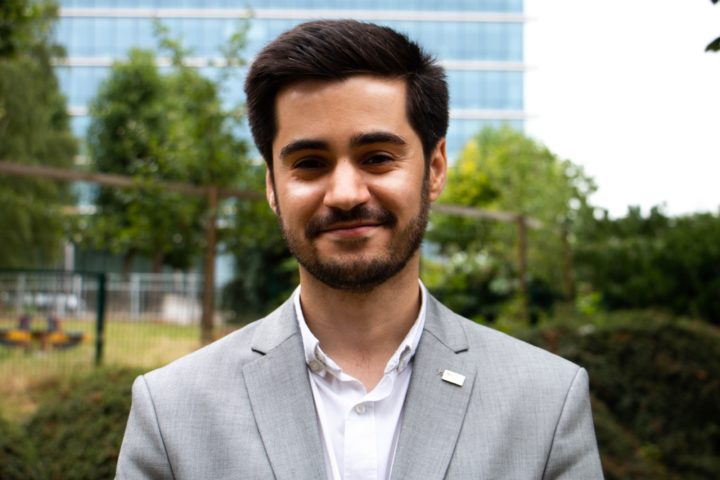
By awarding the 19th Médaille Charlemagne pour les Médias Européens to the Erasmus Student Network, the board of trustees is honouring its services as a trans-European Network. This organisation not only supports students in completing a semester abroad, but also basically pursues the goal of bringing people together from different cultural backgrounds.
Inter-state resentment within Europe is becoming ever larger. Citizens, parties and even governments are ever more often coming out openly in favour of national interests instead of a common Europe, demarcation is called for ever more frequently and ever more openly.
If these trends cannot be stopped, it must be feared that there will never be a common Europe over the long term.
In the past, the accent has often been placed on economic aspects when it comes to explaining the benefits of a united Europe. This is without doubt an important aspect, although – as has been shown in the past – it does not necessarily mean that people see themselves as European or speak up for a united Europe.
A united Europe can only function when people start to not only think of themselves as Polish, German, Dutch, Belgian etc., but moreover as Europeans (although without losing their national identities). Over the long term, there will not be a united Europe without ties or without emotions.
It is essential that we get to know other countries, their cultures and mentalities for this purpose. Relationships can be built up and resentment reduced by studying and living in a different country, by meeting and exchanging views with foreigners. We need curious young people who are open to the world. As supporters of a united Europe, they must stand up for its values, mould Europe with their hearts and minds and further transport the benefits of Europe.
The Erasmus Student Network starts its work precisely at this point: its programme is based on mutual respect, tolerance, openness and the advocacy of a common Europe.
In his speech of welcome, the lord mayor of the City of Aachen, Marcel Philipp, emphasised that learning and working abroad for a longer time means much more than being simply a section of specialist training. It entailed submerging yourself in a different culture, living and thinking in a foreign language and getting to know other points of view. Above all, it was the encounters with people from different countries, which often brought about life-long friendships and helped to build up professional networks.
Mr Philipp: “The Erasmus programme has been ensuring that exactly this is made possible for millions of young Europeans for 32-years now. Precisely in these difficult times in which Europe is under pressure, Erasmus is a symbol of hope. One that stands for the future of the European project, for tolerance and acceptance, for cross-border contacts and cooperation, for variety and, at the same time, for European unity”.
Michael Kayser, chairman of the society “Médaille Charlemagne”, urged the audience in the Coronation Hall to bear in mind that young people especially are the future of Europe. They need to fashion and promote Europe and make it fit for the future. He explained: “The danger is that a united Europe goes without saying for the students of today. They have grown up in it and cannot conceive of anything different. However, a glance into the not too distant past tells us otherwise. In other words, we must learn from the past in order to be able to shape the future.”
At the fringe of the award ceremony, Dr. Jürgen Linden, chairman of the Aachen board of directors of the Charlemagne Prize, said: “European elections are currently being held in Europe – this Sunday here in Germany. My impression is that the media’s interest is bigger than ever before. A talk show or a duel between candidates takes place almost daily. It remains to be seen whether the electorate will share this interest. As a reminder, participation was below 50% at the last election.” He stressed: “I have great hopes for our Erasmus generation. It is exactly the people who use the freedoms of a united Europe for themselves and know how to appreciate these who should also advocate these principles. Particularly at the ballot box.”